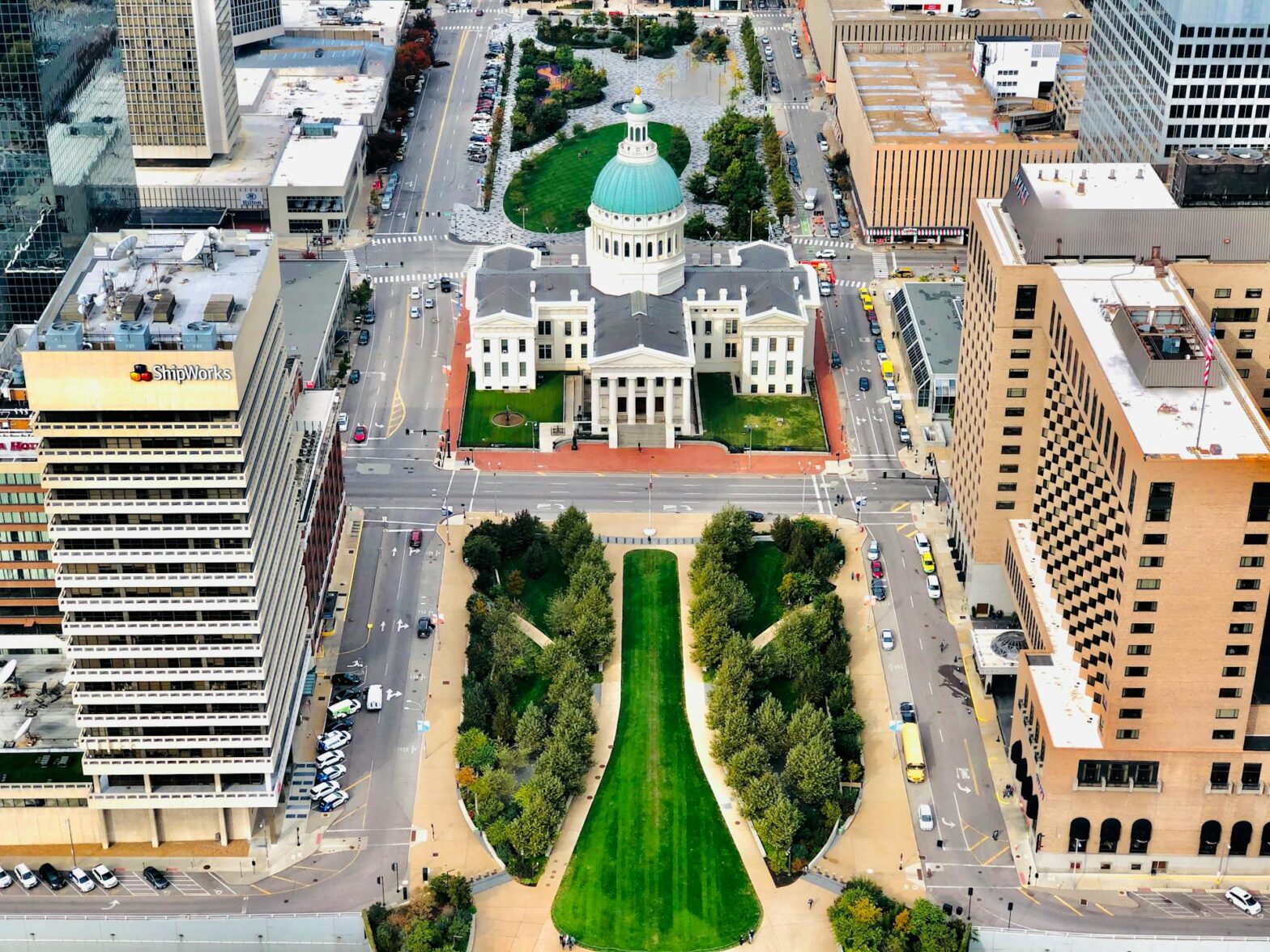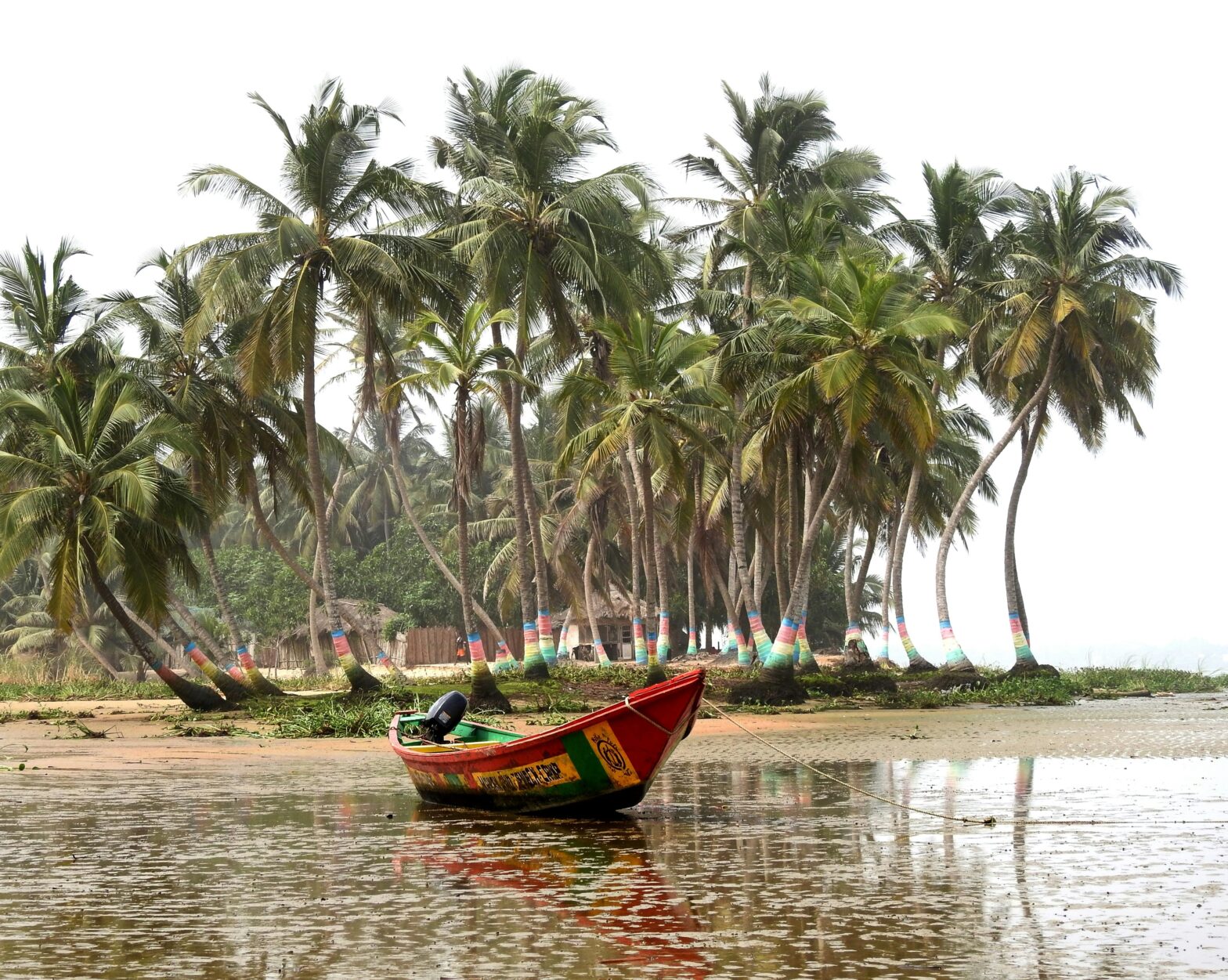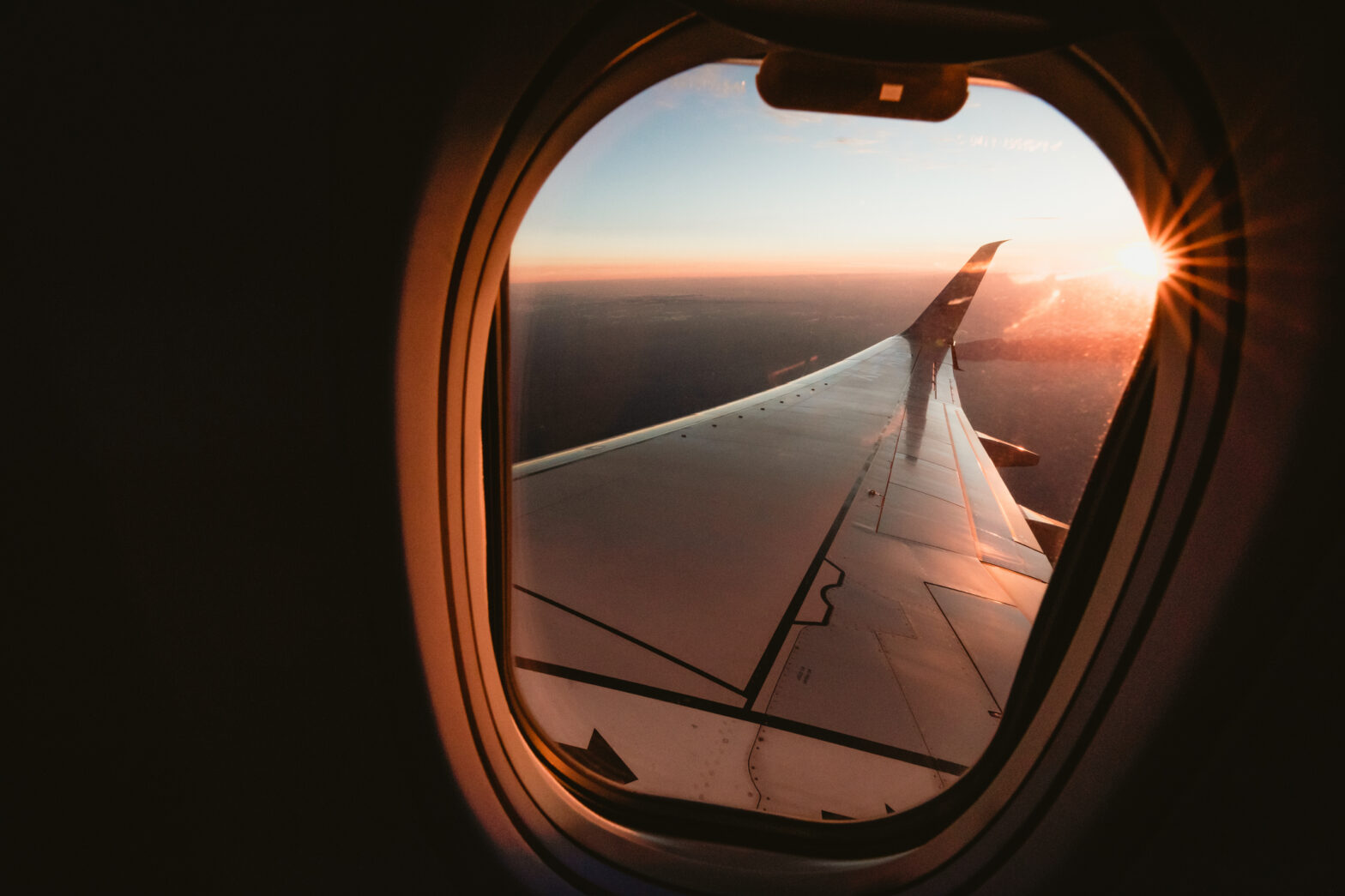Recent news about St. Louis rapper Nelly performing during President Donald Trump’s Inaugural Liberty Ball have left some of his fans perplexed. Assumptions were made that the same rapper who wore a “Mike Brown” shirt and marched through Ferguson, Missouri leaned more on the Democratic side of politics. However, the state where he grew up has leaned Republican for more than two decades. From 1904 to 2004, Missouri voters elected the presidential candidate who went on to win the election 25 out of 26 times. Once known as a swing state, that ended in 2008 when the late Senator John McCain beat then-Senator Barack H. Obama. Even though Obama won two terms from 2008 to 2012 and again from 2012 to 2016, Missourians have consistently picked the Republican presidential candidate.
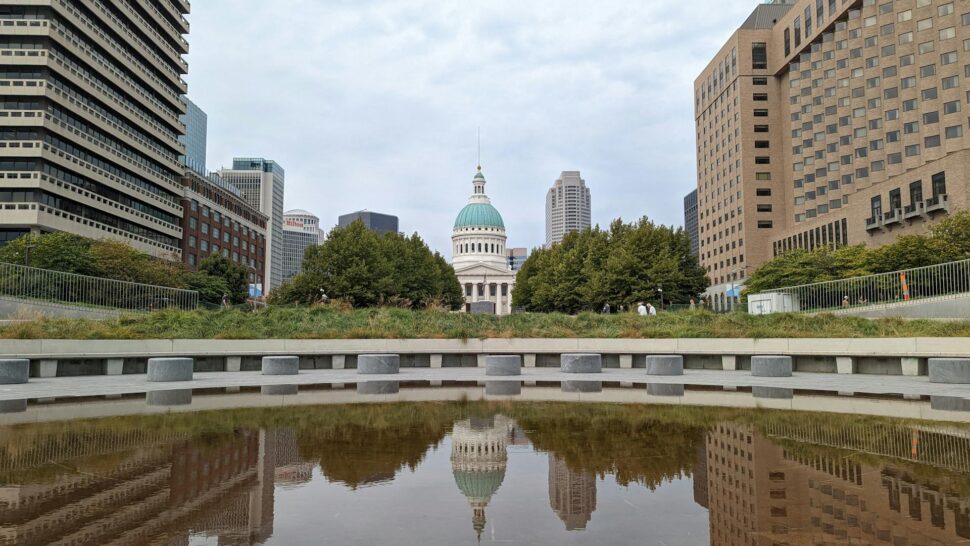
For Missourians, it may have been no surprise to find out Nelly thought it was “an honor” to perform for Trump supporters at Trump’s Inaugural Ball even though the president was not in attendance. (St. Louis rapper Chingy, who endorsed Trump in 2016, also agreed to perform in Nashville, Tennessee at Red White & Rock — a 2024 event created to offer support to LGBT+ conservatives. Due to backlash, he backed out pre-performance though.) With blue areas peeking out in Columbia, Kansas City and St. Louis, Missouri is still a red state where 6.2 million people call home. Find out some of the pros and cons of living here.
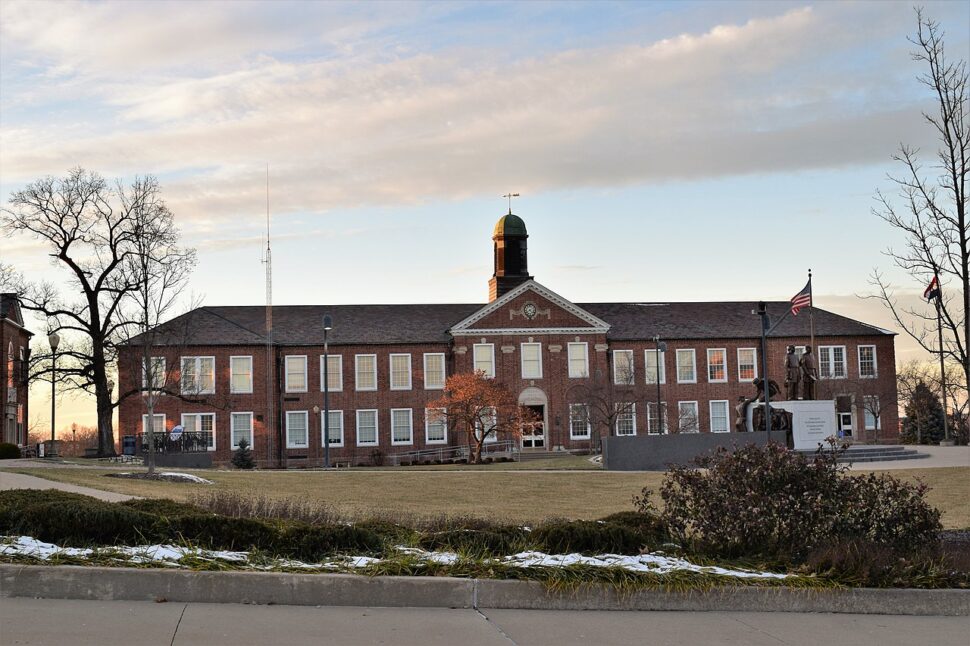
10 Historical Facts About Missouri
If you’re unfamiliar with how the Show-Me State has been influential in African-American history and what the state is like, here are 10 quick facts.
- Langston Hughes, born in Joplin, Missouri, was known as an early innovator in jazz poetry and a leader in the Harlem Renaissance. The Chicago Defender journalist was also the creator of a character named Jesse B. Semple.
- Missouri is the home of two HBCUs: Harris-Stowe State University and Lincoln University.
- Lincoln University, which opened in 1866, earned the nickname “Black Harvard of the Midwest.” It was established by Civil War soldiers from the 62nd and 65th United States Colored Infantry.
- TIME magazine named Curt Flood, a St. Louis Cardinals center fielder, one of the 10 most influential athletes in the 20th Century. His Supreme Court case paved the way for the modern free agency.
- The African American Heritage Trail is a two-mile urban trail in the heart of Columbia, Missouri, and it details 170 years of history.
- Kansas City native Charlie “Bird” Parker was instrumental in developing bebop, a popular type of jazz.
- In 1819, free Black people and their white allies staged one of the first civil rights demonstrations in the U.S. The protest centered on the Missouri Compromise, an agreement allowing Missouri to join the union as a slave state in 1820.
- In 1846, Dred Scott and his wife, Harriet, filed suit for their freedom at the Old Courthouse in St. Louis. After numerous appeals, the U.S. Supreme Court ruled in 1857 that because slaves were considered property, they did not have the right to sue. That case helped to escalate the start of the Civil War, ultimately leading to freedom for all enslaved people in the U.S.
- St. Louis native Maya Angelou was a celebrated poet, memoirist and civil rights activist.
- George Washington Carver, born near Diamond, Missouri (a city in north central Newton County), was best known for developing hundreds of uses for peanuts, but he also revolutionized the field of agriculture (including pioneering crop rotation methods).
Top 10 Most Populated Places in Missouri
Kansas City is the most populated city in Missouri, estimated to have 510,704 people, followed by St. Louis with 281,754 people. The second-most populous city is the home of Harris-Stowe State University. The next eight (in order of population since 2024) are Springfield (170,525 people), Columbia (130,337 people), Independence (120,263 people), Lee’s Summit (105,038 people), O’Fallon (94,891 people), St. Charles (72,140 people), St. Joseph (70,130 people) and Blue Springs (61,084 people). The state’s capital, Jefferson City, Missouri, is the home of HBCU Lincoln University. It has a much smaller population with 43,169 residents. Since the pandemic started in 2020, Indian Lake has become the fastest growing city in Missouri over the past four years, growing 7.76% annually.
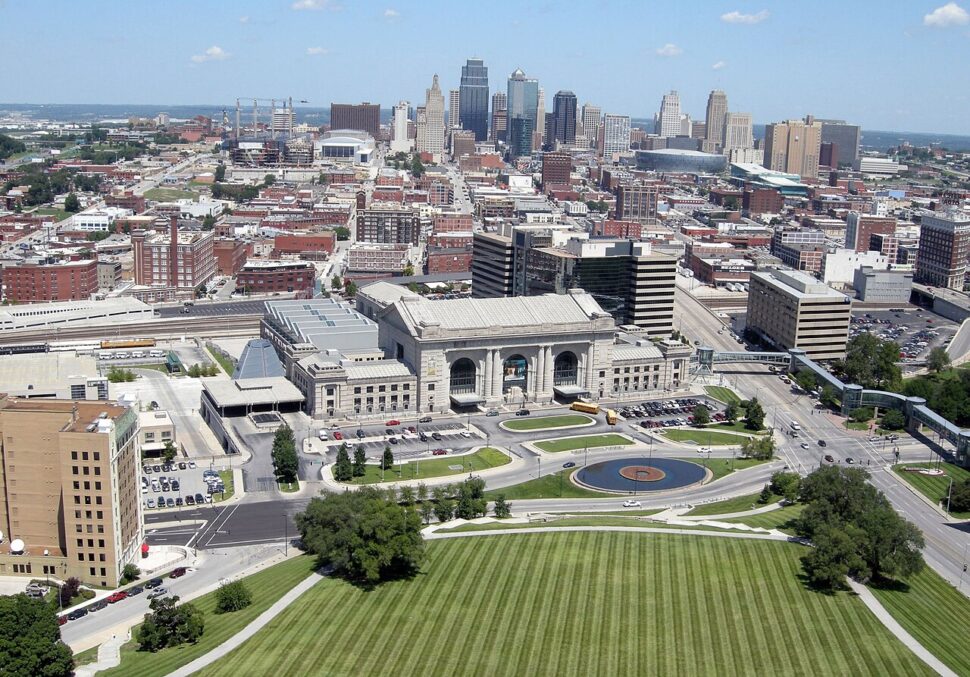
Best Job Markets in Missouri
In the most recent report of top jobs from private employers in Missouri, the highest number of employees worked at Wal-Mart, Mercy Hospital Medical Centers, BJC Healthcare, Washington University SSM Healthcare System, Boeing, Cerner Corporation, St. Luke’s Hospital System, Lester E. Cox Medical System and Schnuck Markets, Inc. The top three best industries for employment growth are in health care, professional services (ex. retail trade, manufacturing), and construction. The average wage in these industries range from $44,000 to approximately $17,000.
Some communities are experiencing unemployment in higher numbers though. The unemployment rate in October 2024 was 3.8%, a 0.5 percentage point increase from 2023. Still, the unemployment rate in Missouri was lower than the U.S. overall. Pemiscot County reportedly had the highest unemployment rate at 5% while Livingston County had the lowest at 2.3%. St. Louis was in the middle, with an unemployment rate of 3%.
Lifestyles in Missouri
If you’re single and looking, St. Louis may be the place to go. Singles outrank married couples at 64% versus almost 36%. Mingling could be a bit of a task though, considering public transportation, walking and bicycling are so rare (approximately 6.7%) versus driving (more than 80%). Outdoorsy types can still take advantage of walking and biking on the 1,300 acres of Forest Park. Kansas City has a similar vibe with cars being the preferred transportation choice. However, downtown Kansas City is walkable, and there is a bike-share program (RideKC Bike). Single Missourians outrank couples here too by almost 57% versus 43%.
Cost of Living in Missouri
Compared to some of the bigger cities, the annual salaries mentioned above may seem to be on the lower end. However, the least expensive areas to live in the U.S. are generally located in the Midwest and Southern states. Missouri had the sixth lowest cost of living in the U.S. for the third quarter in 2024. For residents from larger cities, maintaining the same standard of living may be a pleasant surprise. For Chicago residents making $50,000, they’d only have to make $40,000 in Kansas City, Missouri. For a Los Angeles resident, the equivalent in Kansas City is $30,000. For an NYC native or someone from Honolulu, Hawaii, the equivalent in Kansas City is slightly less than $26,000. And the best places to live in Missouri have even lower cost-of-living rates in St. Louis and the other eight most populous cities.
Crime Rates While Living in Missouri
While unemployment is low, jobs are generally growing and the cost of living is reasonable, there are some downsides. Popular news platforms often bring up Chicago as the most violent city in the U.S., especially within the Midwest. In reality, Chicago ranked at number 20 on the list with St. Louis at number one in 2018. This past year, Missouri ranked in ninth place for violent crimes (aggravated assault seven times higher than reported robberies and rape) and 10th place for property crimes (larceny, vehicle theft, burglary). Velda City, Missouri has a violent crime rate that is more than 12 times higher than the overall U.S. rate. Berkeley and Riverview, both located in St. Louis, rank second and third, respectively, followed by Pagedale.
Living in Missouri
Whether you want to move to the Show-Me State for better job opportunities, lower rent and housing costs, or a quieter atmosphere, Missouri has something for everybody. As is the case with moving to any bigger city, pay attention to your surroundings and make sure to visit the neighborhood a few times before agreeing to move in permanently. By picking a city (and a neighborhood) where you can see yourself being comfortable for the long haul (including simple things like bicycle-friendly communities versus sitting in traffic) beforehand, this may help to eliminate any regrets before the big move.
